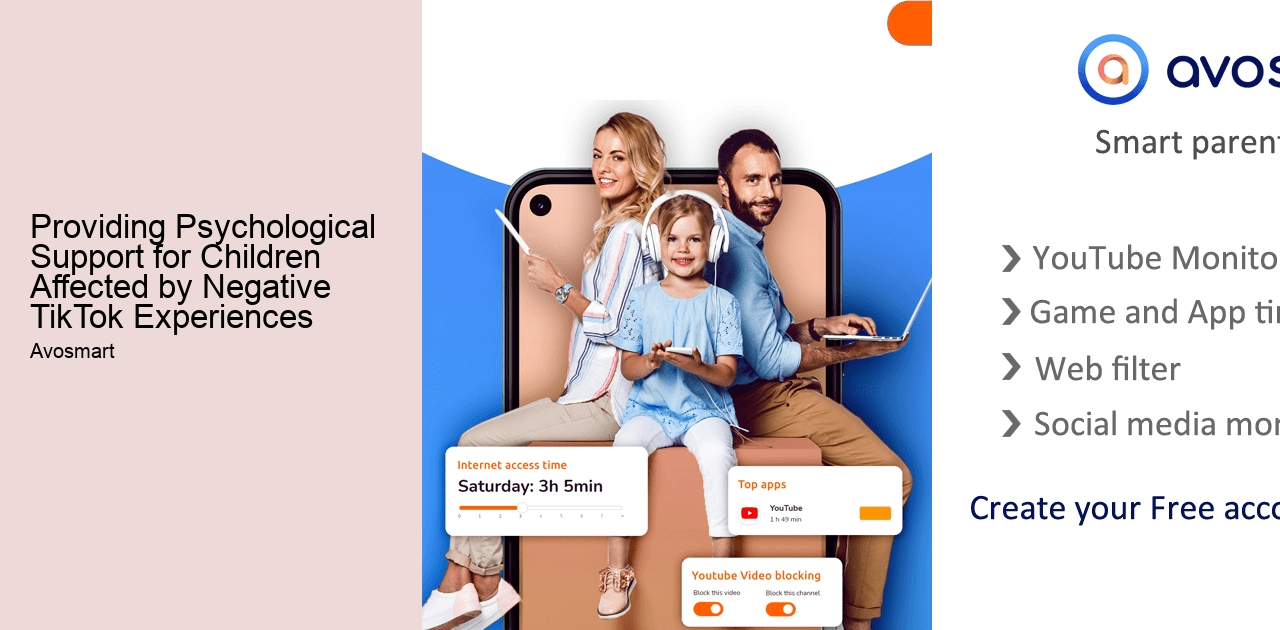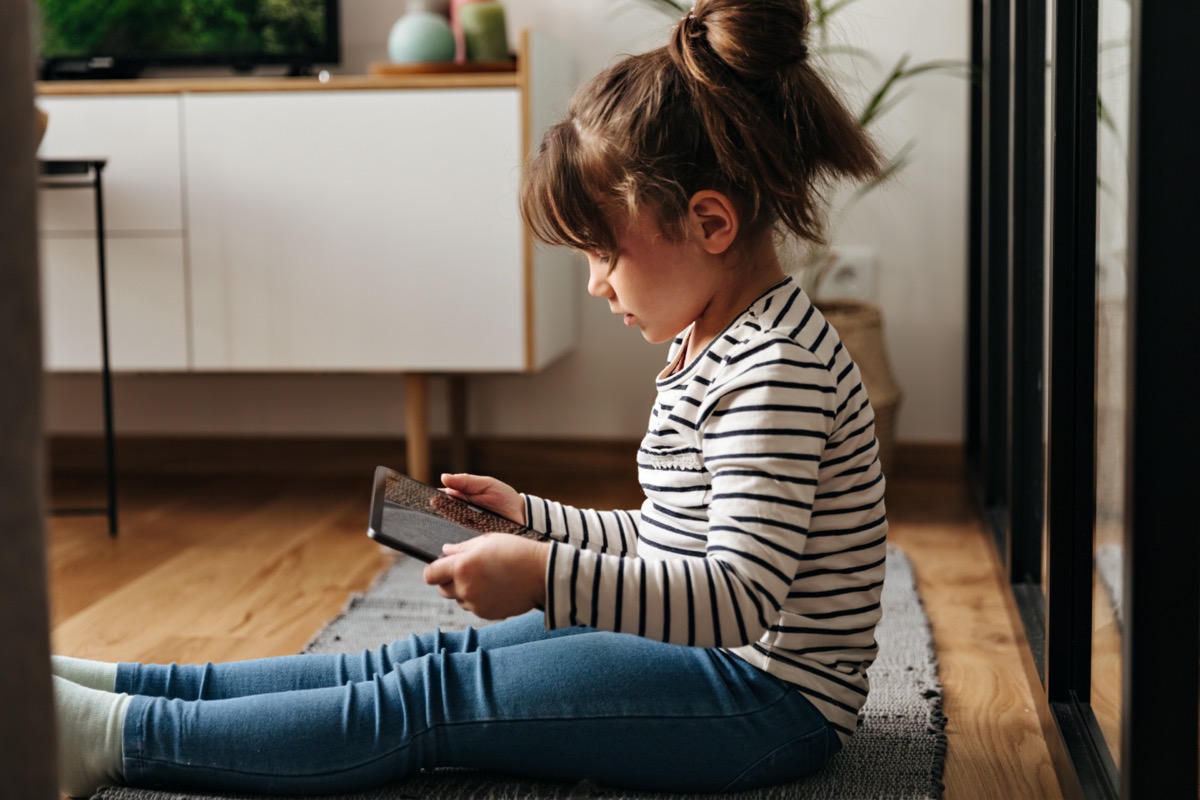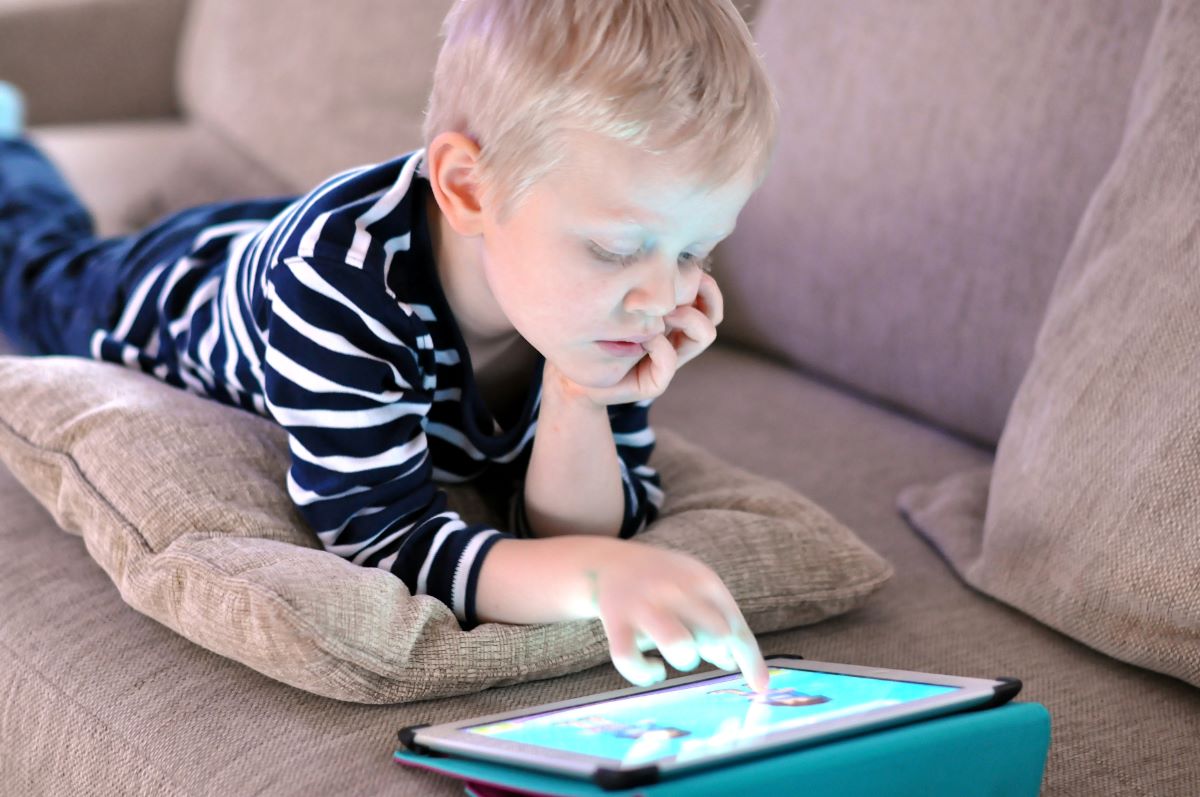
Understanding the Impact of Negative TikTok Experiences on Children's Mental Health
Providing Psychological Support for Children Affected by Negative TikTok Experiences
Understanding the impact of negative TikTok experiences on children's mental health is crucial in today's digital age. With the increasing popularity of the app among young users, it is important to recognize the potential negative effects it can have. Cyberbullying, body image issues, and comparison to unrealistic standards are some of the common problems associated with TikTok. These experiences can lead to anxiety, depression, and low self-esteem in children. Parents, educators, and policymakers need to be aware of these issues and take proactive measures to protect children's mental well-being while using TikTok. This includes promoting digital literacy, fostering open communication, and providing support systems for those affected.


